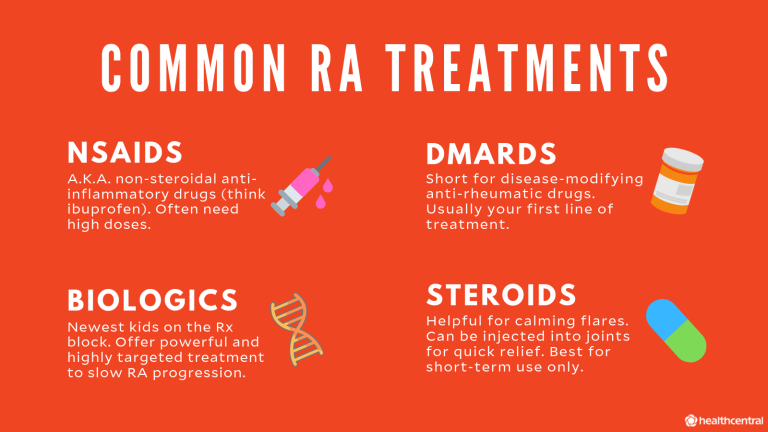Although the exact cause is not fully known, rheumatoid arthritisusually starts in women after they reach middle age, while men may develop the disease later. While spontaneous remission is rare, the natural course of RA is almost always one of the persistent symptoms and progressive deterioration of joint structures. In some severe cases, a person’s range of motion may be severely limited. In such cases, treatment is necessary.
While there is no known cure for RA, it can be controlled with proper lifestyle changes and medications. Daily movement is a good way to reduce inflammation and fatigue. Also, taking breaks from physical activity is a good way to preserve energy and protect joints. Getting plenty of sleep is also important. A splint or brace can be used to hold joint in a resting position. Biomarkers are measurements of disease activity or progression. Non-specific biomarkers include inflammation and joint damage. Blood tests are another way to measure these indicators.
For treatment and prevention, physicians must understand the underlying cause of rheumatoid arthritis. It can lead to other diseases, including osteoporosis, spondylitis, and gout.
Early diagnosis of RA is crucial to preventing complications. While early stages of the disease are not typically characterized by redness or tenderness in the joints, they are usually accompanied by swelling and pain. The disease is often misdiagnosed as normal wear and tear. Fortunately, there is a cure for RA. Fortunately, it is not as rare as people believe. Even the disease is becoming more common.
Early symptoms of RA may be characterized by motion within the joints, while later stages may be characterized by rigid joints. The amount of movement in the joints will dictate the best course of Rheumatoid ArthritisTreatment. Tenderness to pressure may be a sign that a particular joint is painful. X-rays may indicate an abnormality, but this does not mean that it is painful. Further, many RA medications alter the body’s ability to heal wounds or fight infection.
Patients with rheumatoid arthritis are diagnosed based on a number of factors, including genetics and smoking. Patients with RA may also have an increased risk of developing other autoimmune conditions. A blood test for rheumatoid arthritis will confirm the diagnosis. Antibodies to cyclic citrullinated peptides, or CCPs, are antibodies to the protein that triggers inflammation.
Some rheumatoid arthritis symptoms include fatigue and low-grade fever. These symptoms may come and go, alternating with flares that last for days or months. Inflammation, scarring, and low red blood cells can also occur. RA is often the result of the destruction of cartilage in the joints. There is no single cure for RA. Patients should seek medical care if they suspect a flare-up. In addition to medication and physical therapy, rheumatoid arthritis treatment can include mind/body therapies. These treatments can improve stress management, sleep quality, and pain response. Mind/body therapies may also include techniques like deep belly breathing, relaxing muscles one at a time, visualization, meditation, or tai chi.

